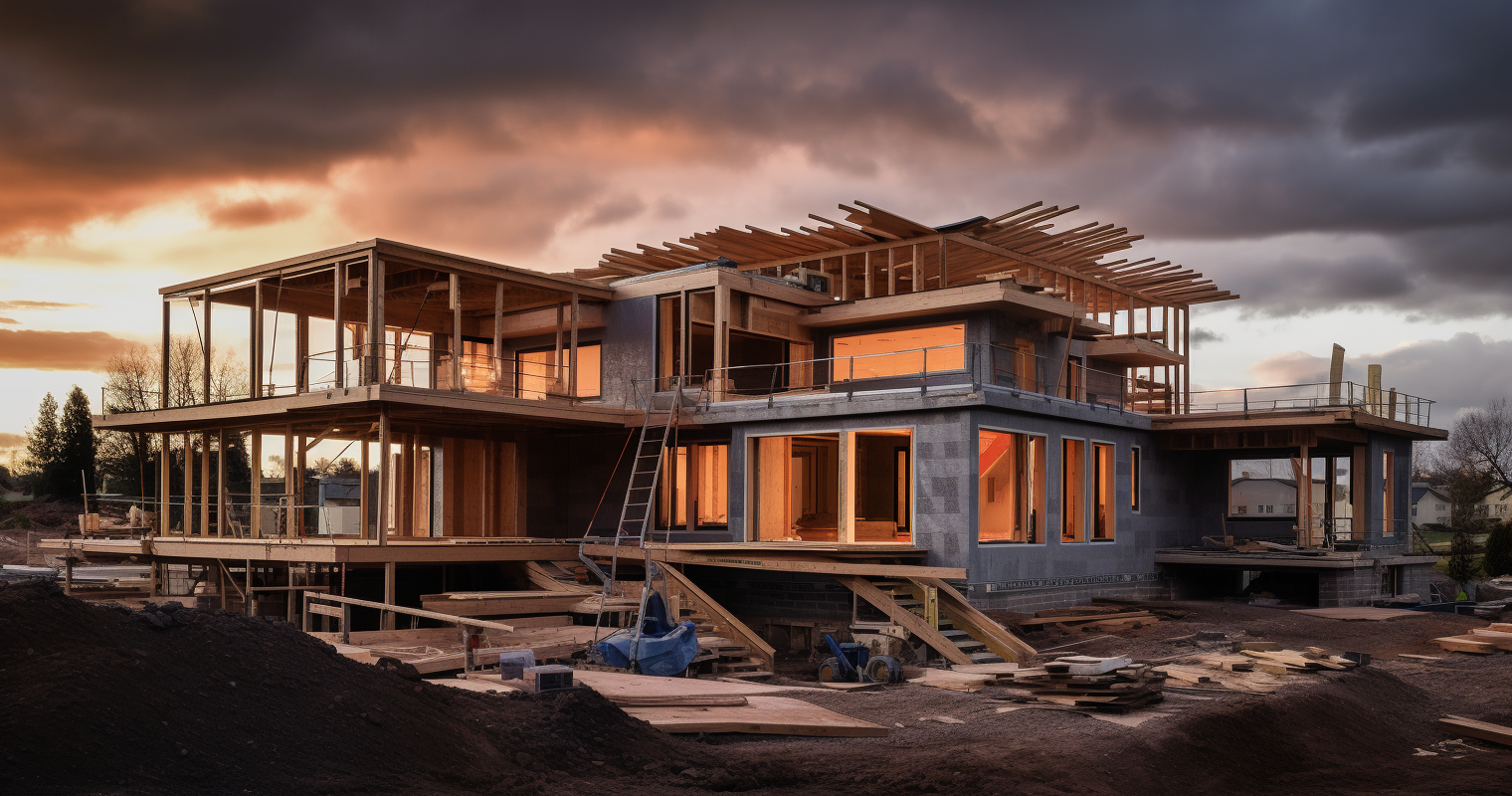Building or renovating a property in the Philippines can be a rewarding experience, but it is important to understand the procedures and rules around planning permission, listed building status, and conservation areas. In this article, we will explore these issues, as well as how to find reliable builders and architects, what permits and licenses are needed, and potential pitfalls when buying land.
Planning Permission in the Philippines
It is necessary to apply for planning permission in the Philippines to build or renovate a property. The procedure for obtaining planning permission is as follows:
- Submit a building permit application to the local building official.
- Wait for a response from the local building official, which will typically take around 20-30 days.
- If the application is approved, the local building official will issue a building permit.
- If the application is rejected, it is possible to appeal the decision.
It is important to note that the process of obtaining planning permission can be complicated, and it is advisable to seek the help of a professional architect or planning consultant.
Listed Building Status and Conservation Areas
In the Philippines, there are rules and regulations in place for listed buildings, conservation areas, and preservation orders to protect the country’s cultural heritage. If a property is listed, situated in a conservation area, or subject to a preservation order, there are additional rules and regulations that must be followed when building or renovating. These may include restrictions on the materials and techniques that can be used, as well as limits on the types of changes that can be made.
It is important to check the status of a property before embarking on any building or renovation work, as failure to comply with the rules and regulations can result in fines and legal action.
Finding Reliable Builders in the Philippines
Finding reliable builders in the Philippines can be a challenge, but there are a number of professional organizations that can help. These include:
Philippine Contractors Association: This is the professional association for contractors in the Philippines. They can provide information and advice on finding reliable builders in the Philippines. You can contact them at http://www.philippinecontractorsassociation.com/.
Philippine Institute of Architects: This is the professional association for architects in the Philippines. They can provide information on finding an architect and offer guidance on the process. You can contact them at http://www.pia.org.ph/.
It is also important to check that builders have the necessary licenses and permits to carry out the work, as well as references and insurance.
Permits and Licenses
In addition to planning permission, there are a number of permits and licenses that may be required when building or renovating a property in the Philippines. These include:
Building permit: This is required for most types of building work, including new construction, alterations, and extensions.
Electrical permit: This is required for any electrical work carried out as part of the building or renovation process.
Plumbing permit: This is required for any plumbing work carried out as part of the building or renovation process.
It is important to check the specific requirements for the type of work being carried out, as well as any additional permits or licenses that may be needed.
Finding a Local Architect
Finding a local architect in the Philippines can be done through a number of professional organizations, including:
- Philippine Institute of Architects: This is the professional association for architects in the Philippines. They can provide information on finding an architect and offer guidance on the process. You can contact them at http://www.pia.org.ph/.
It is important to check that architects have the necessary qualifications and experience for the type of work being carried out, as well as references and insurance.
Buying Land in the Philippines
If you are buying land in the Philippines, there are some common pitfalls to be aware of, including:
Ownership: It is important to ensure that the seller has clear title to the land and that there are no disputes over ownership.
Boundaries: It is important to establish clear boundaries for the land you are buying, as disputes over boundaries can be costly and time-consuming. It is advisable to have a surveyor carry out a boundary survey before making a purchase.
Zoning and restrictions: It is important to check the local zoning plan to ensure that the land is suitable for your purposes. There may also be restrictions on the type of building or renovation work that can be carried out, so it is important to check the local rules and regulations.
Taxes and fees: When buying land in the Philippines, there may be taxes and fees that need to be paid, such as capital gains tax and transfer tax. It is important to budget for these costs when considering a purchase.
It is also important to work with a reliable and trustworthy real estate agent or lawyer when buying land in the Philippines.
Building or renovating a property in the Philippines requires careful planning and attention to detail. Planning permission is required for most types of building work, and there are additional rules and regulations in place for listed buildings, conservation areas, and preservation orders. Finding reliable builders and architects, as well as obtaining the necessary permits and licenses, is also important. When buying land, it is important to be aware of potential pitfalls, including ownership, boundaries, zoning, and taxes and fees. With the right advice and support, however, building or renovating a property in the Philippines can be a rewarding experience.

